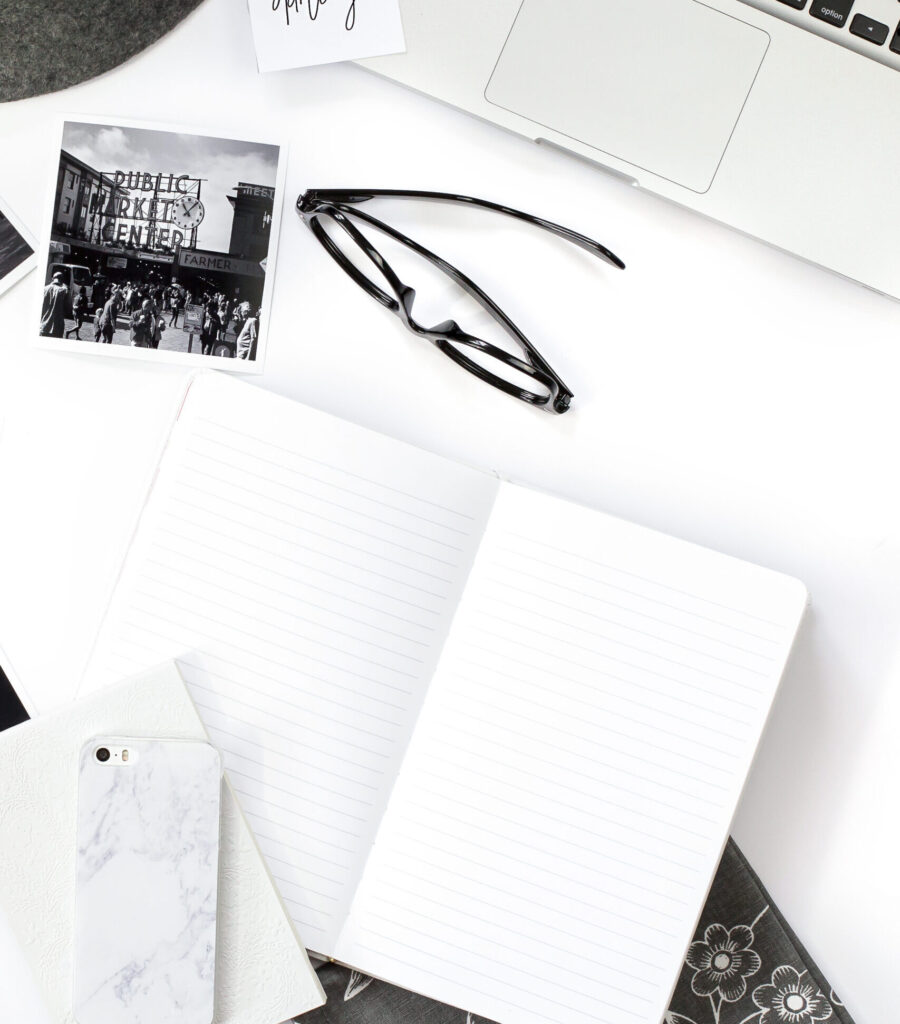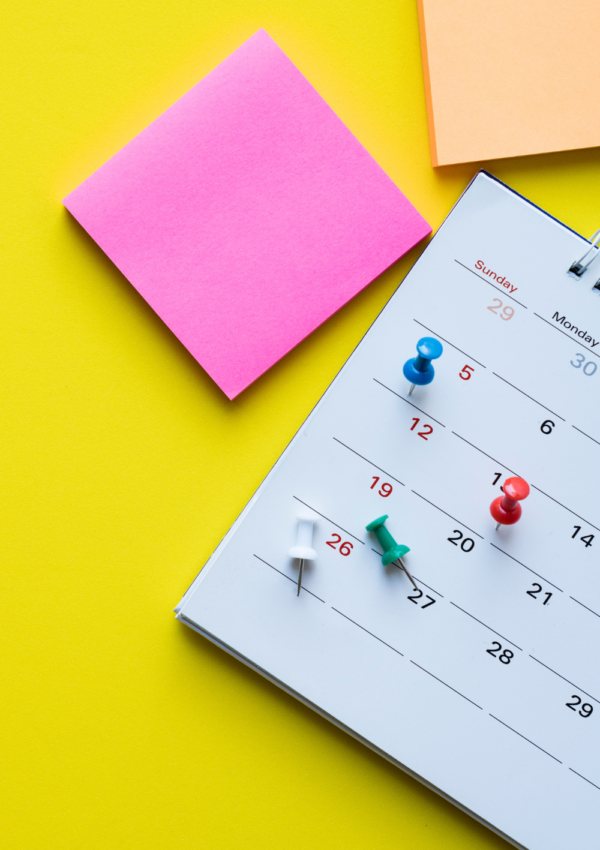As working professionals and caregivers, we do it all – driven by love and devotion to our loved ones.
However, every now and then, we reach the bottom of the cup we’re pouring from.
In the five years I worked and cared for my parents (2015-2020) and from when I became Mum until six months into my return to work from maternity leave (2021), I struggled to look after myself.
I only became aware that I had problems and needed to self-care when my health was seriously compromised – physically, mentally, and emotionally.
Recognising when this happens is important. And accepting that we need help is okay.
This is what happened to me.
Firstly, I recognised my illnesses.
Secondly, I accepted that I needed help and sought support.
Each time I encountered an episode/a ‘turning point’, I took action and made lifestyle changes to tackle my ill health and poor physical, mental, and emotional well-being.
My action plans responded directly to me hitting rock bottom and needing significant adjustments in life.
If I did not do this, it would have been impossible for me to continue working and caring for Dad, Mum, and my new-born son.
- Recommendations, Tips & Advice: How to look after ourselves as Caregivers
- Blog: 1. How do we look after ourselves as a caregiver?
- Blog: 2. How else to self-care and how a Carer’s schedule helps?
- Blog: 3. What are the benefits of a Carer’s schedule?
- Blog: 4. The highs and lows of being a caregiver to family members
- Blog: 5. How being a working professional and carer for Mum & Son affects me?
- Blog: 6. How to balance work & life as a carer to family members?

RECOMMENDATIONS, TIPS & ADVICE: how to look after ourselves as caregivers
If you can stomach the idea, deactivate your social and digital media apps on the mobile.
It doesn’t need to be permanent, but for the time you do lose access to these apps you should feel mentally refreshed, emotionally more at peace and in touch with your usual self, and physically free to do other things you enjoy because you’ve now reclaimed some of your precious time! 1-hour a day or just over 4% in 24-hours is not too much to give back to yourself!
If being a working professional and Carer is becoming unmanageable and affecting your health and well-being, speak to health professionals for support and guidance.
You can also discuss your concerns with your employer to see if work adjustments are possible. Something like working shorter days/weeks, having more regular breaks throughout the day, or agreeing an adjusted workload can make all the difference.
If you’re asthmatic like me, do not make the same mistake I did by not having an inhaler by your side, at all times.
Set reminders in your calendar to make those repeat prescriptions and keep inhalers topped up. Linking to point 4, get those asthma reviews booked in and do not skip appointments! A 30 minutes review once a quarter or twice a year is much better than a week-long stay in a hospital’s acute respiratory unit.
Book regular health checks with your doctor to see that your vitals are okay.
If not, you’re in the best place and with the best professionals to catch problems early and get them sorted. As carers, we can register ourselves and are entitled to receive government support. It’s good to be ‘on the books’ so health professionals can support us as necessary and give relevant guidance, information and advice.
Surround yourself with those you trust and can depend on
Be it family members, close friends or colleagues, HR at work, or support group members, you need these people close. You’ll need them to listen to you without judgement, to make you smile/laugh now and then, and most importantly, to draw strength and support from.
Create and use priorities lists, schedules, and the calendar app on your phone
(reference tips in previous blogs)
With social media apps deactivated and schedules in place, you will now find that you’ve reclaimed some time in your busy schedule for self-care.
Use that 1 hour a day to do something you love and for yourself. Be it going for a walk, hitting the gym, joining an exercise class, reading a book, having a soak in the bath, chatting with friends, or cooking/indulging in a nice meal, take care of yourself and enjoy your well-deserved me time!
Read onto blog #5 to see how to manage a high-hisk pregnancy, low PAPP-A, gestational diabetes and your own well-being.
1. how do we look after ourselves as a caregiver?
Self-care first steps
I took my initial steps immediately after experiencing my first mental and emotional breakdown.
When I got that wake-up call from my husband in the car that afternoon (blog #3), the best and quickest way I knew how to do this was to deactivate all social and digital media apps from my phone.

That night, I felt as light as a feather and enjoyed the best sleep I’d had in a long time!
It never occurred to me that stepping away from social and digital media would make such a huge difference to my mental and emotional health and well-being. I was beyond grateful.
My last post on Instagram before I deactivated my account temporarily summed up the moment:
Yesterday I slowed everything down, gave myself time and space, and was kind to myself. It’s been a tough 16 months and will get tougher so I must practice what I preach because if I’m not okay then I can’t be okay for those around me who need it more. To mark #worldsmentalhealthday, I am drawing your attention to this beautiful human being, my husband, @lordofcommons. If not for him, being behind me every step of the way, looking out for me, cooking for me, talking sense to me, having my back and playing his blues, my mind and body would not be as resilient as it is, I’m sure. I’m grateful that I recognise the importance of practicing mindfulness and do exercise it, but I am also the luckiest to have a wonderful soul by my side who walks the path with me and reminds and encourages me not to ever forget the most important things in life, starting with looking out for and after number one. 19 years together and I can’t wait to experience the next 19 and more with you.
Thank you 🙏
Physically and mentally, I had more time and headspace to do and think about other things.
Crucially, all the peripheral sound I was once getting from social and digital media was no longer creating noise in my life.
They were no longer contributing to feelings of stress and anxiety, and adding speed to my already fast-paced life. It was uplifting!
Without social and digital media, I had space and time to breathe, live in the moment, and appreciate and enjoy what was in front of me, the ‘here and now’.
This was so precious, given that time was not on our family’s side.
2. hOW ELSE to self-care and HOW a Carer’s schedule HELPs?
After my second ‘turning point’, staying in hospital a week for an asthma attack and acute chest infection (blog #3), I made a decision to drastically change the way I was living.
The first thing I did in the car ride home after being discharged from hospital was to contact work HR and ask for extended dependency leave.
I requested five months off so I could care for Dad and Mum with my undivided attention.
I was not only tired of juggling and multitasking my personal and work responsibilities, I’d just had the most frightening wake-up call.
It was vital that I prioritise me and my health and well-being. Only then could I continue caring for others, working and meeting professional deadlines.
As important as they all were, if I didn’t have my health, I wouldn’t be able to do any of it.
So, as soon as my extended leave was signed-off, I developed a carers schedule. This was a calendar of responsibilities, appointments, reminders, shopping lists etc. created with my sisters, medical staff, adult social services, and the local end-of-life support teams.

I shared this as a live schedule with the family so we could all see and update it when needed.
It made a huge difference in our daily lives and ensured that Dad and Mum got the appropriate care they needed 24 hours a day, seven days a week.
For me, this made a tremendous difference as it helped to look after my health and well-being, physically, mentally, and emotionally.
3. What are the benefits of a Carer’s schedule?
Physically, the schedule gave me structure and organised my days and weeks. So, I knew in advance exactly what I had to do when, and when and where I needed to be. It took away the stress and exhaustion of running around, trying to get things done and sorted, reactively. It meant my body was under less pressure and preserved energy.
Using the schedule, I also meal-planned and organised shopping trips to make sure everyone ate well. It was important for everyone to get the necessary and desired nutrients. Especially with Dad being a cancer-patient and Mum being a stroke-survivor living with diabetes.
We stayed active where possible and continued to enjoy life together as a family. We ate at Dad’s favourite restaurants and went for drives listening to old Cantonese classics. During this time, I rested and slept better.
Mentally, I was empowered as I felt organised and no longer had to think or stress about things unnecessarily. The schedule eliminated random thoughts running through my head and the mental pressures that were once there. The waves of anxiety and depression I used to experience had also lifted!
It freed my mind to have all our crucial duties, appointments, reminders, and to-do lists written in one place and shared among the family. It also improved my mental attitude and helped me deal better with our family’s emotionally tough situation.
Instead, I focused on keeping busy (according to the schedule) and creating positivity like talking to Dad about a trip back to his homeland, Guangzhou, China. This, unfortunately, never happened as we ran out of time. But, in hindsight, it kept us talking, thinking, and dreaming positively. Without realising it, it helped to keep me and Dad going, mentally, during his final months with us.
Emotionally, the schedule made me less sad, tearful, anxious, and stressed. It was comforting and reassuring to know I was doing my best, during the hardest time for our family. I knew I was proactively doing everything we could for Dad in the time he had with us.
Emotionally, this was positive for me because I wholeheartedly live by the saying ‘actions speak louder than words’, and this schedule was my action. The fact I could use a schedule to make the bad situation, which we were dealt, better and more bearable put me in a good place.
The saying turning sour lemons into lemonade springs to mind!
With a clear schedule and rota in place, I felt happier to meet friends for special occasions knowing there would always be cover for Dad and Mum.

4. The highs and lows of being a caregiver TO FAMILY MEMBERS
The best gift!
Looking after myself as a Carer in the way I did brought me and my husband the greatest gift and the best high. It happened during my extended dependency leave and two months before Dad passed away. In Spring 2020, we discovered we were pregnant!
This gift wouldn’t have happened had I not made all the lifestyle changes I did after experiencing a mini breakdown and staying in hospital for a week.
For the next two months, I continued to care for Dad and Mum keeping our news secret. I stayed kind to myself, continued to eat and sleep well, enjoyed long walks with my husband when possible, and made the most of lockdown getting out in nature.
I knew I had to keep looking after myself as soon I would become caregiver again – this time to my newborn!
Saying goodbye
Dad sadly passed away two months after we found out, but not before I whispered our secret to him and said my final goodbye. This is definitely the hardest part of being a carer and was a low point for me.
However, being allowed to give Dad an intimate send-off and small funeral during lockdown aided my emotional well-being. For this, I am forever grateful but it is still sad that cancer cut short Dad’s life and he never got to meet his fifth grandchild.
He was a fun Dad to me growing up and would have been just as fun as Grandad to his fifth grandchild. Our son would have loved ‘Gung Gung’ playing with him and listening to his stories.
Mum and Dad have quite the story, starting with Dad’s great escape from China to Hong Kong during communism before an emigration to England. Perhaps I’ll write a blog about this in the future!
Shortly after Dad’s passing, I went back to work and did so on a phased return basis working compressed hours (5-days into 4). To continue looking after my physical, mental, and emotional well-being during pregnancy, I also agreed a tighter project scope to control my responsibilities and working hours.
5. How being a working professional and carer for Mum & Son affects me?
My third ‘turning point’
When I had my third episode, six months after returning to work from maternity leave, I agreed with my doctor to seek work adjustments instead of being signed off work (see blog #3).
To do this, I spent three months discussing options and developing a new way of working proposal that would allow me to work part-time, three-days-a-week during office hours only.
My objective was to have a plan that would see me not falling asleep at the laptop, while working overtime to midnight, or working weekends where I’d have to take my son to weekend engagements.
To achieve this, I shaped my scope of work to match the capacity I had and my life passions.
Once this was in place and I started the new arrangements, my health and well-being improved significantly.
At work, I passionately and energetically developed and ran a social value programme delivering community partnerships and projects for health & well-being, corporate social responsibility, EDI, and social action.
I felt so happy working on projects that meant so much to me, personally and professionally, and with communities where I was making a genuine difference driving local impact.
6. how to balance work & life as a carer to family members?
I now had work-life balance because boundaries were in place for my working hours and responsibilities.
In my personal life, I enjoyed uninterrupted time with my young family and saw Mum, my sisters, and our extended family a lot more than before.
Emotionally, I re-connected with my social circle and mentally, I could separate work from personal responsibilities. When not working, I didn’t think about my personal life and vice versa, unlike before when everything was inter-twinned and competing for attention.
Further benefits of a Carer’s schedule – the gift that keeps on giving!
Of course, I used a colour coded calendar to help me! Clearly mapping out my work, personal appointments and reminders in advance kept things organised, locked in writing, and away from my wondering mind.
Just like the caregivers’ schedule I’d created after my second ‘turning point’, a well-organised diary system improved my well-being by giving time and space back for me to think and feel well. So I could enjoy some ‘me time’ and practice self-care.
Physically, I ate better and more regularly, doing my best not to skip breakfast. I ate well by having more time to cook meals rather than order fast food.

I slept better, if not earlier, as it is difficult to change the habit of a lifetime, being a night owl!
Vitally, I had more time on my non-working days to spend outdoor with my son, exploring fun physical activities. Since making this change at work, I’ve not been sick or had problems with my asthma. And my doctor has not suggested again to sign me off work!
To see how I managed a high-risk pregnancy, low PAPP-A, and gestational diabetes alongside my well-being during maternity leave throughout the Pandemic, jump onto blog #5.



